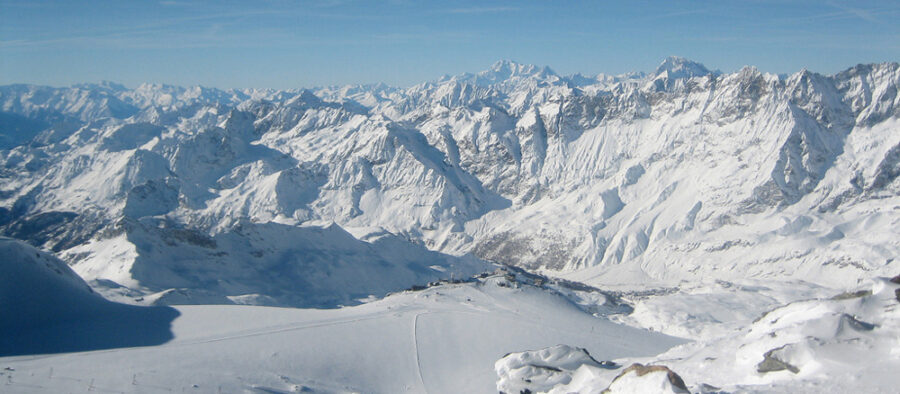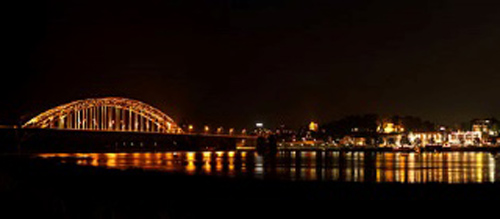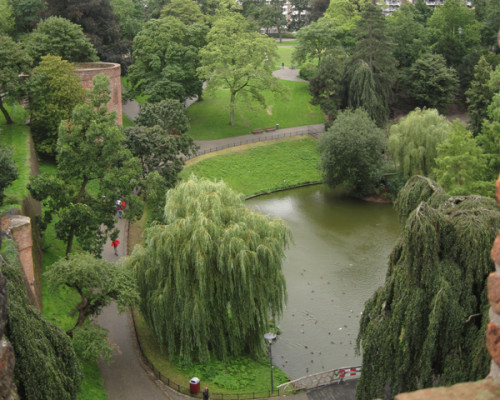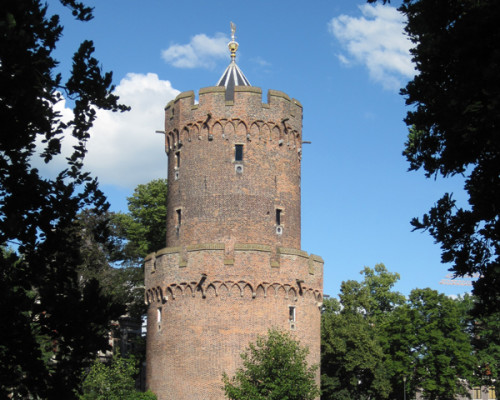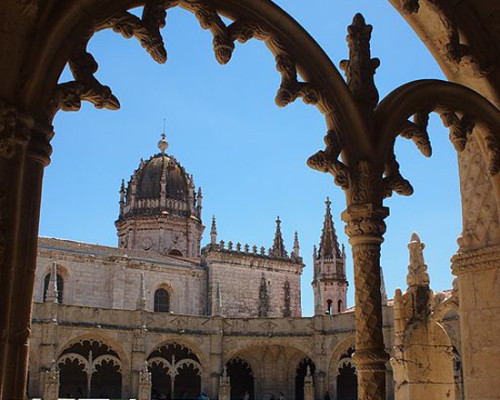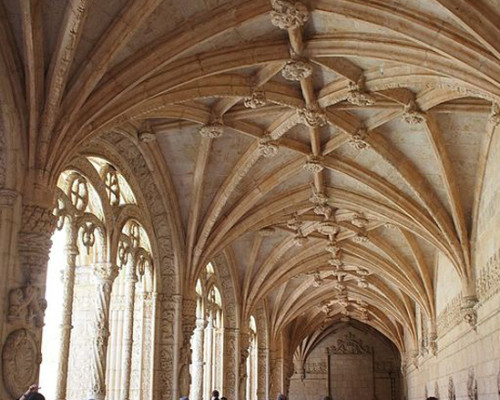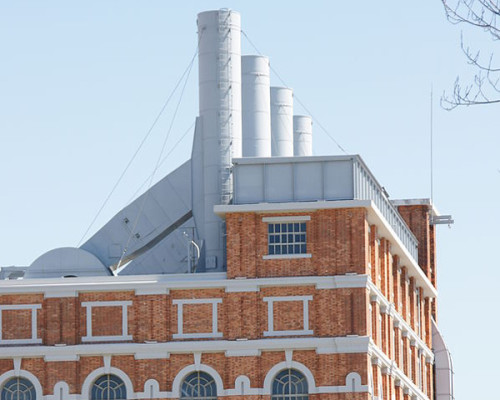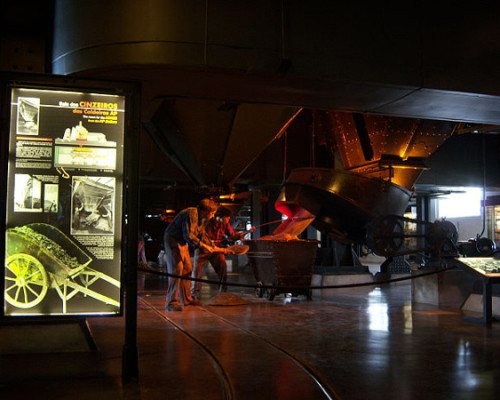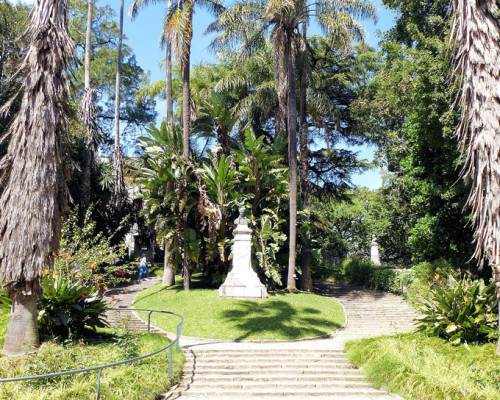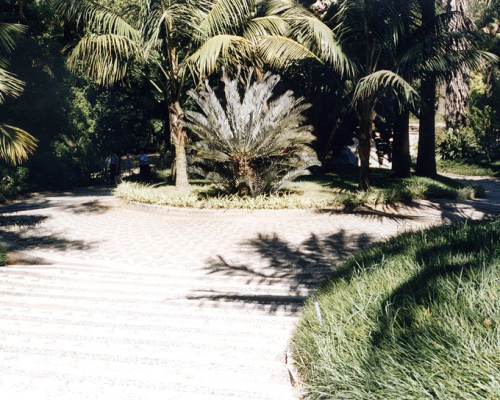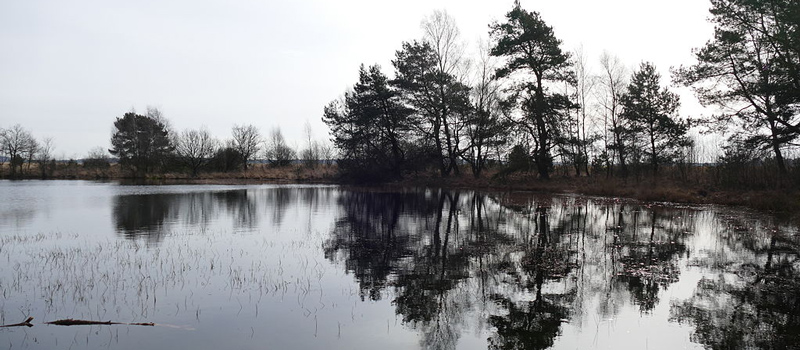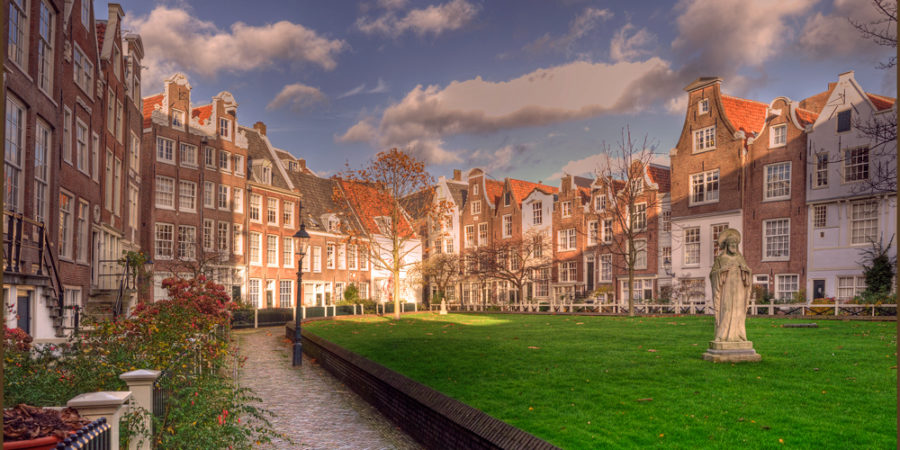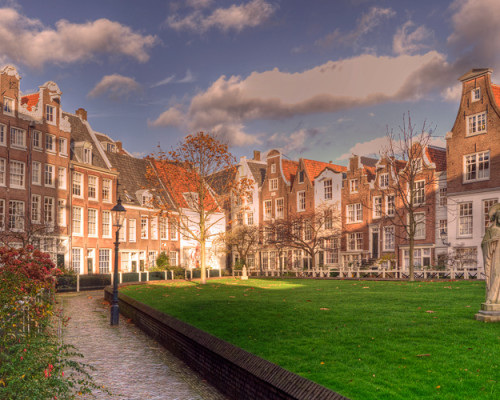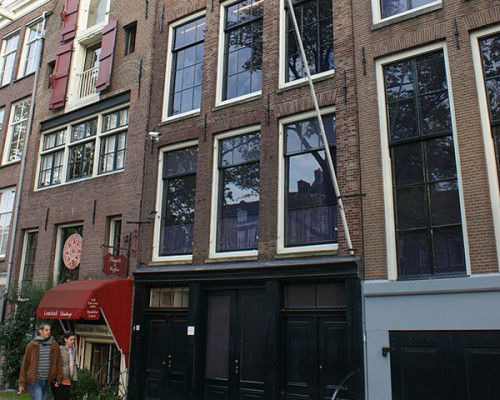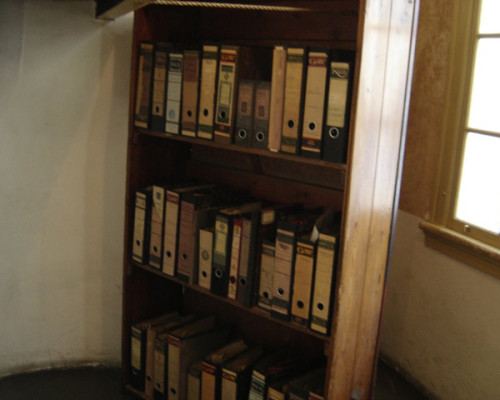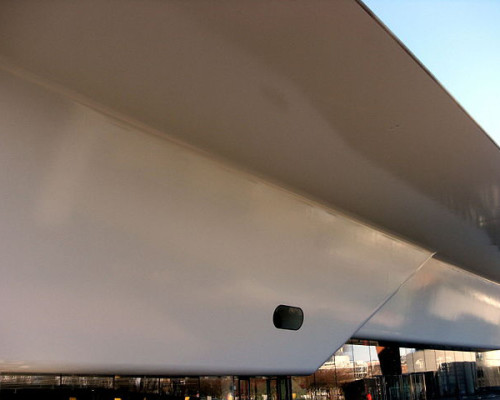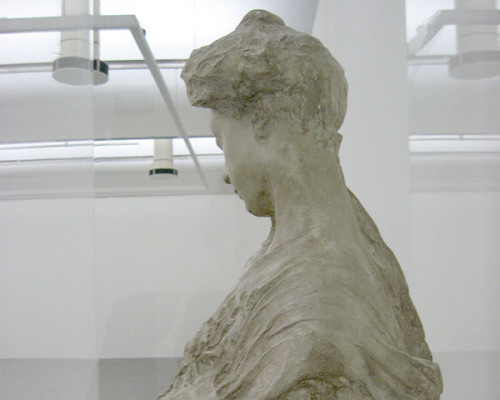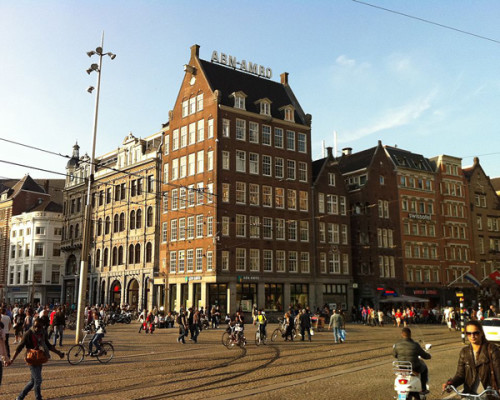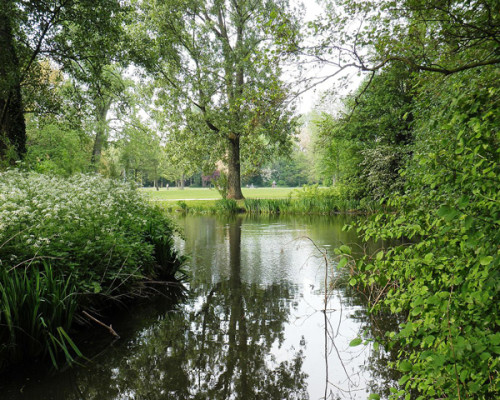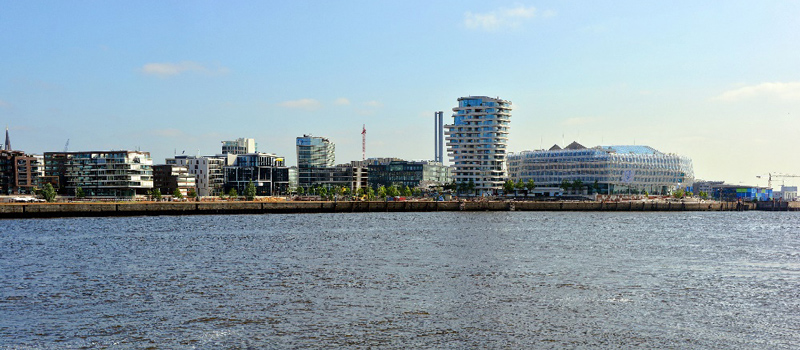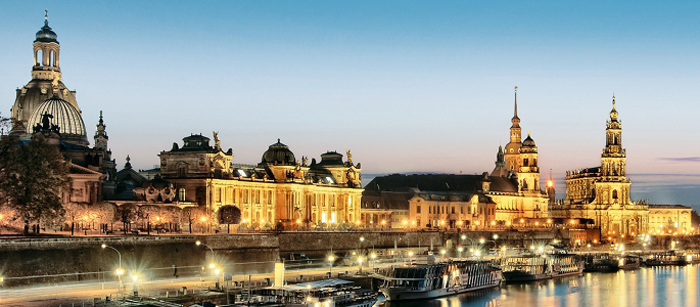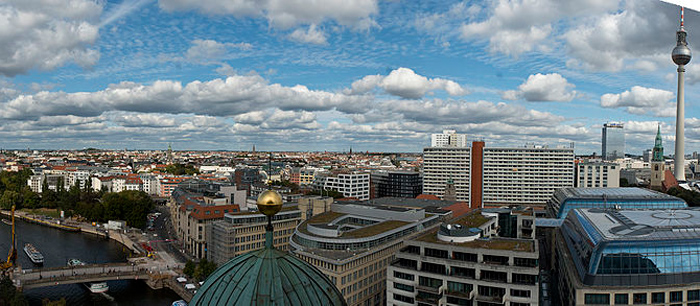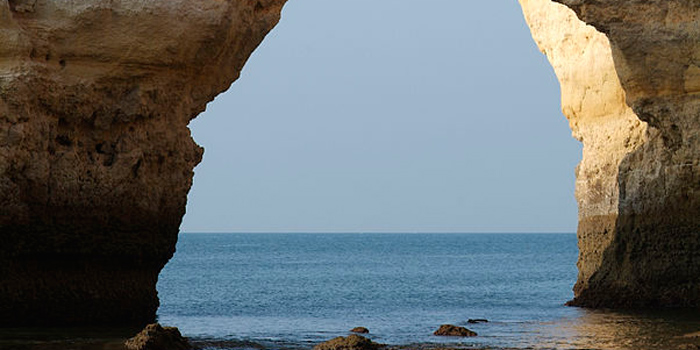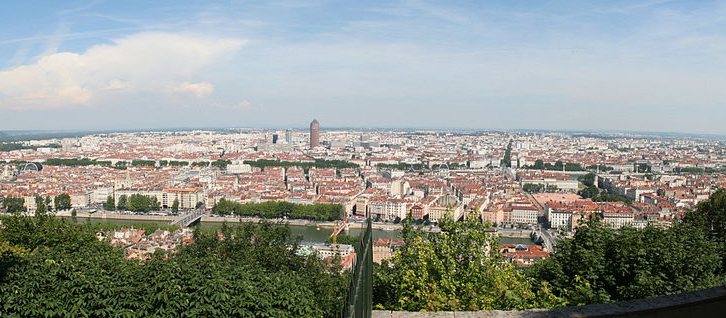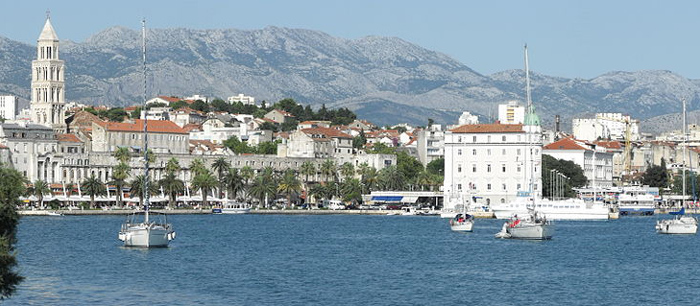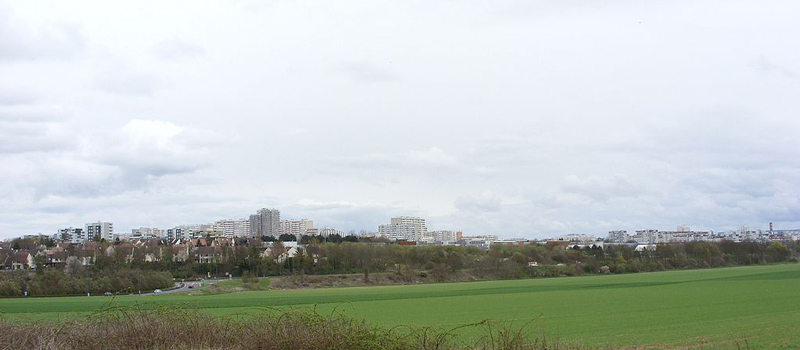03 Jan Nijmegen
Nijmegen
The lovely Nijmegen, in the eastern part of the country, is the oldest city in the Netherlands. It lies in the Gelderland province on a range of hills near the River Waal. It has appr. 168 000 residents in the actual city, and about 285,000 in the whole metropolitan area. It has a university and the city is vivid because of the heavy influence of students.
Nijmegen was first mentioned in the 1st century, when the Roman Empire built a military camp on the site of the current city. In 104 CE, the Roman Emperor Trajan renamed the town, which now became known as Ulpia Noviomagus Batavorum, Noviomagus for short (the origin of the current name Nijmegen).
What to do and see in Nijmegen
Kronenburgerpark
This idyllic park is an outstanding place for calm strolling and picnics. The main sight here is the Kruittoren (Powder Tower), a 30-meter long tower, built in 1426; what remains of the wall that surrounded the city in the 15th century.
Grote Markt
This market is a popular gathering place with its cafés and old architecture. One of the notable sites is a 16th-century weighing hall (waag) on the north side, which now serves as a restaurant.
Museum Het Valkhof
The museum stands on the edge of the Valkhof park, site of a Roman army camp and a citadel built by Charlemagne, at the address Kelfkensbos 59. It depicts Roman artifacts found archaeological excavations, as well as 17th-century paintings, silverware, and modern art.
Commanderie Van Sint Jan
This building, found at the address Franseplaats 1, used to be a monastery for the Order of the Knights of Saint John, but today it houses a brewery and a cozy restaurant.
Recreation
There are a lot of relatively cheap restaurants (“eetcafés”) to be found in Nijmegen, especially on the Van Welderenstraat and on Kelfkensbos. The city hosts a carneval six weeks before Easter, where people dress up in funny costumes and drink. There are parades in every town & village in Gelderland during the season. The downtown area is the center of the nightlife with its many pubs and cafés. The annual rock festival Forta Rock gathers thousands of music fans every year.
Shopping
Trendy shops are concentrated on the two storey Marikenstraat. Each Monday, there is a weekly market in the centre of Nijmegen, mainly located on the Grote Markt. The nuomerous stalls sell a wide range of products.
Photos: With the CC licence / Finalart2005, Peertje55, G.Lanting, Carole Raddato, Rijksdienst voor het Cultureel Erfgoed
| Nijmegen, Alankomaat | 5°C mist | |
Wind
2 m/s, NE
Humidity
88%
Pressure
770.32 mmHg | ||
Top 5 in Nijmegen
- Museum Het Valkhof
- Kronenburgerpark
- Grote Markt
- Old Town
- Forta Rock festival
How To Get To Nijmegen
- The closest international airport is Airport Weeze, 45 km southeast of the town, just across the border from Germany, between the villages of Weeze (Germany) and Nieuw-Bergen (Netherlands). A list of its airlines is here, and destinations here. Getting to Nijmegen from here is possible with a bus trip to the Weeze railway station, then taking a train into Kleve, where one can get a bus into Nijmegen. This will take about 75 minutes and costs €5.90-7.60 (one-way) – see the bus timetables here.
- An easier way to get to Nijmegen is via the Eindhoven Airport, 60 kilometers to the southwest of the town. A list of its airlines is here, and destinations here. From the airport one can take bus 401 (with stops in between) or 400 (non-stop) to Eindhoven Central Station and then a train to ‘s Hertogenbosch. In ‘s Hertogenbosch, change trains and take the train to Nijmegen.
- The Dutch Railways (Nederlandse Spoorwegen, NS) operates regularly between Nijmegen and other main Dutch cities. There are 4 trains an hour to Utrecht, 2 of which continue to Amsterdam and Den Helder. At Utrecht, you can change trains to Schiphol Airport or Rotterdam and The Hague. A handy journey planner on Dutch sites is here.
- The A73 connects Nijmegen with Venlo, the A77/A57 leads to the German Rhineland. The A15 runs between Nijmegen and Rotterdam and the A50 (Eindhoven-Zwolle) skims the western edge of the metropolitan area.

